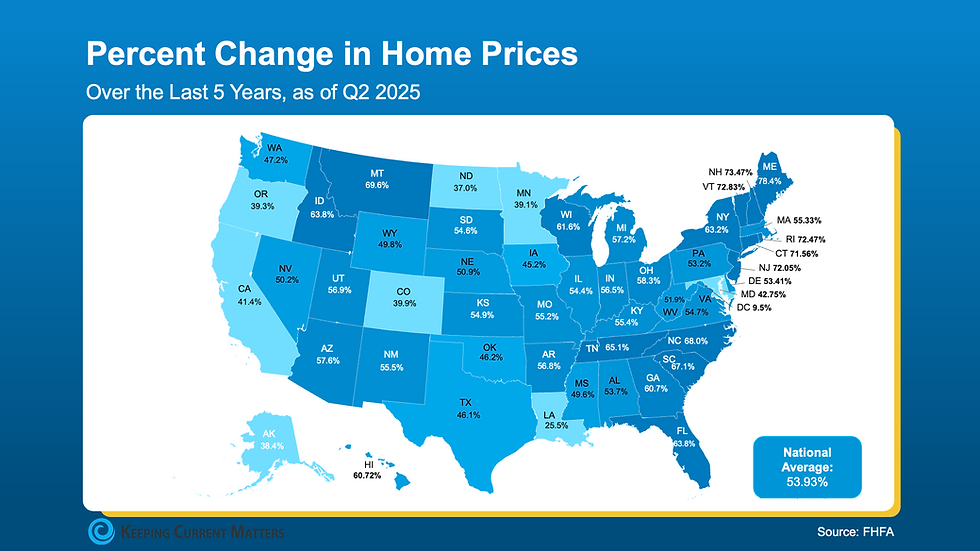The Impact of China's Response to Trump's Tariff Policy on the U.S. Housing Market
- grace264
- Apr 14
- 2 min read

Former President Donald Trump recently eased new tariffs on most of America’s trade partners, but his harsh 145% tariff on Chinese goods is raising growing concerns about its potential direct impact on the U.S. housing market.
On April 10, Trump announced that the total tariff on Chinese imports would reach 145%, combining the previously announced 125% tariff with an existing 20% penalty related to fentanyl-linked goods. This move is widely interpreted as a step toward reigniting a full-scale trade war between the world's two largest economies.
Following the announcement, the U.S. stock market plummeted. The S&P 500 index dropped by 3.5%, reversing the previous day’s optimistic tone.
Surprisingly, yields on U.S. Treasury bonds—typically seen as a safe haven during market turmoil—also rose. Normally, bond yields fall when stocks drop due to increased demand for safer assets. However, on this occasion, the 10-year Treasury yield increased from 4.3% in the morning to 4.4% by market close. This suggests a significant sell-off in U.S. government bonds, and if this trend continues, mortgage rates are also likely to rise.
While there's no definitive evidence that China is selling off large quantities of U.S. Treasuries, such a move would be a predictable response from Beijing. It could serve as a strategy to devalue the yuan and maintain export competitiveness. Currently, China holds about $760 billion in U.S. Treasury securities, making it the second-largest foreign holder.
Olivier Blanchard, a professor emeritus of economics at MIT, noted that given China's political structure, “In a game of chicken, China can endure bad news longer than the Trump administration.”
A significant sell-off of U.S. Treasuries by China could deal a heavy blow to the American housing market. According to the chief economist at Realtor.com, “If China sells off a portion of its Treasury holdings, yields would rise—and so would mortgage rates.”
As of April 10, Freddie Mac reported the average 30-year fixed mortgage rate at 6.62%. While this represents a slight dip despite recent bond market volatility, continued increases in bond yields could push mortgage rates back above 7%.
Such a rise in rates would cool down the U.S. housing market. At the same time, it would increase the federal government's borrowing costs—applying economic pressure from China’s side.
Still, Trump recently announced a 90-day deferral on the new tariffs for non-Chinese countries, a move likely aimed at calming overly anxious markets. It also suggests that more conciliatory measures may emerge depending on how market dynamics evolve.
In short, Trump’s aggressive tariff stance toward China is not just about trade—it has broad implications for the U.S. financial system, including mortgage rates and the housing market. Especially for consumers planning to buy a home, rising interest rates could represent a significant burden. Continued attention to these developments is crucial.






Comments